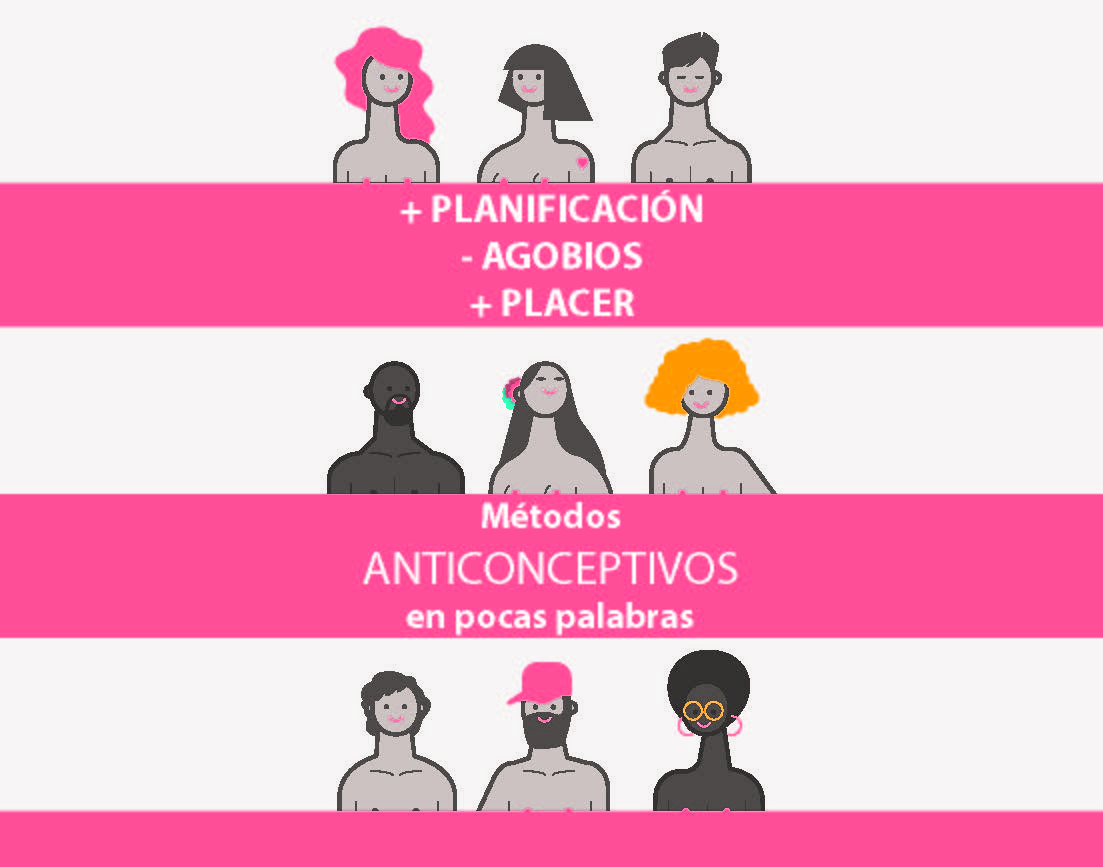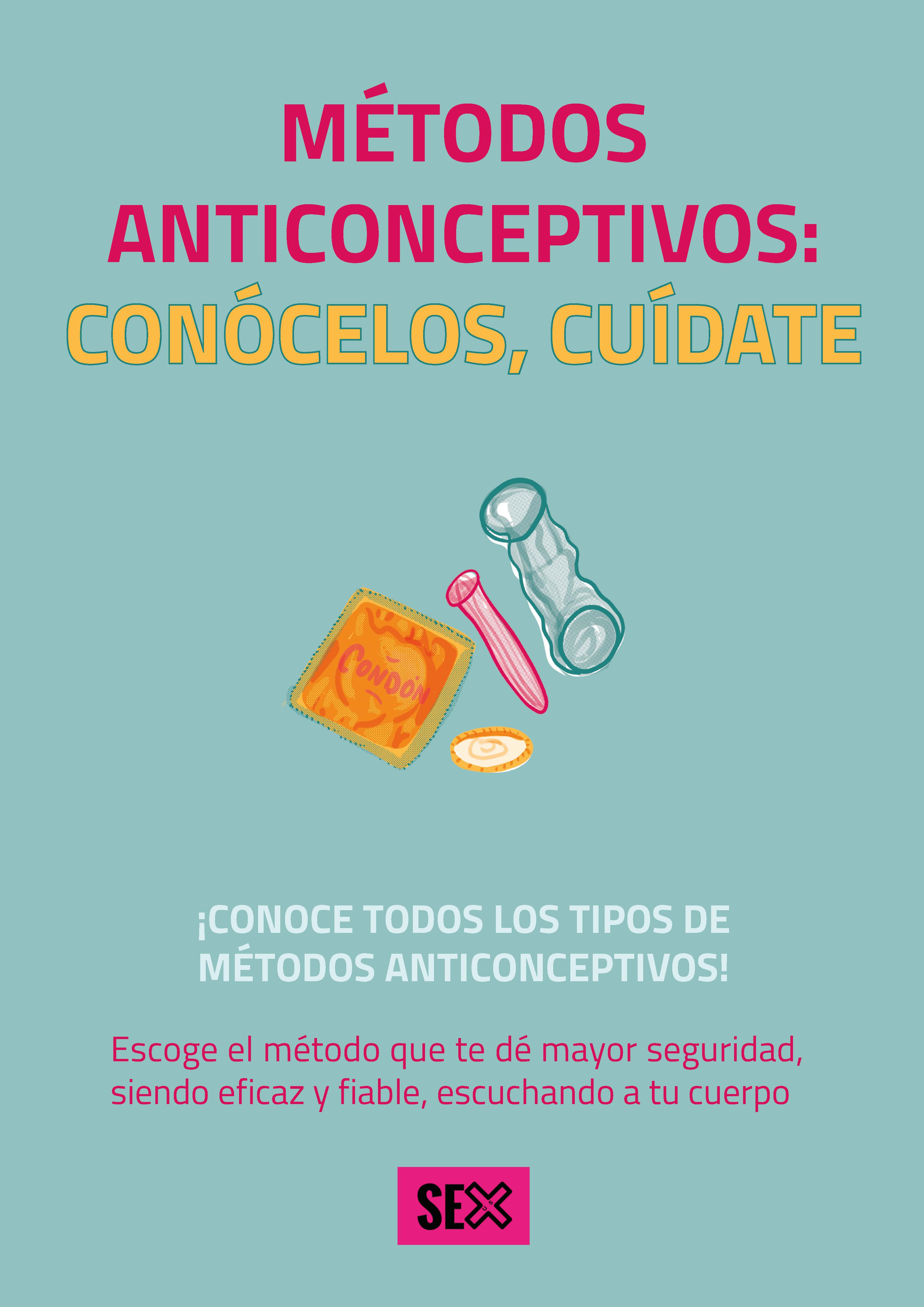Resum
Objectives: To describe the determinants of oral contraceptive (OC) use in Catalonia (Spain) in 2006. Methods: More than 4,400 women, aged 15–49, were interviewed using a standardised health questionnaire. The main variable was OC use on any of the two days before the interview. Independent variables were socio-economic class, marital status, number of children, visits to the gynaecologist, and lifestyles. The prevalence and the odds ratios of OC use were calculated. Results: Around 17% of the women of reproductive age used OCs. The typical OC user was an affluent, nulliparous woman in her third decade, who had visited a gynaecologist during the preceding year. Being married was not related to OC use while having two children or more was negatively related. The use of OCs followed a curve that started during adolescence, reached a peak at age 24, decreased thereafter and flattened out after having reached a low point in the 30s. Conclusions: Results from this large sample of women confirm that OC use is lower in Spain than in many other European countries. The difference reflects divergent social and cultural attitudes toward fertility control, sexuality, and the roles of women in society, rather than problems with availability and accessibility. (Resumen extraído del artículo)






